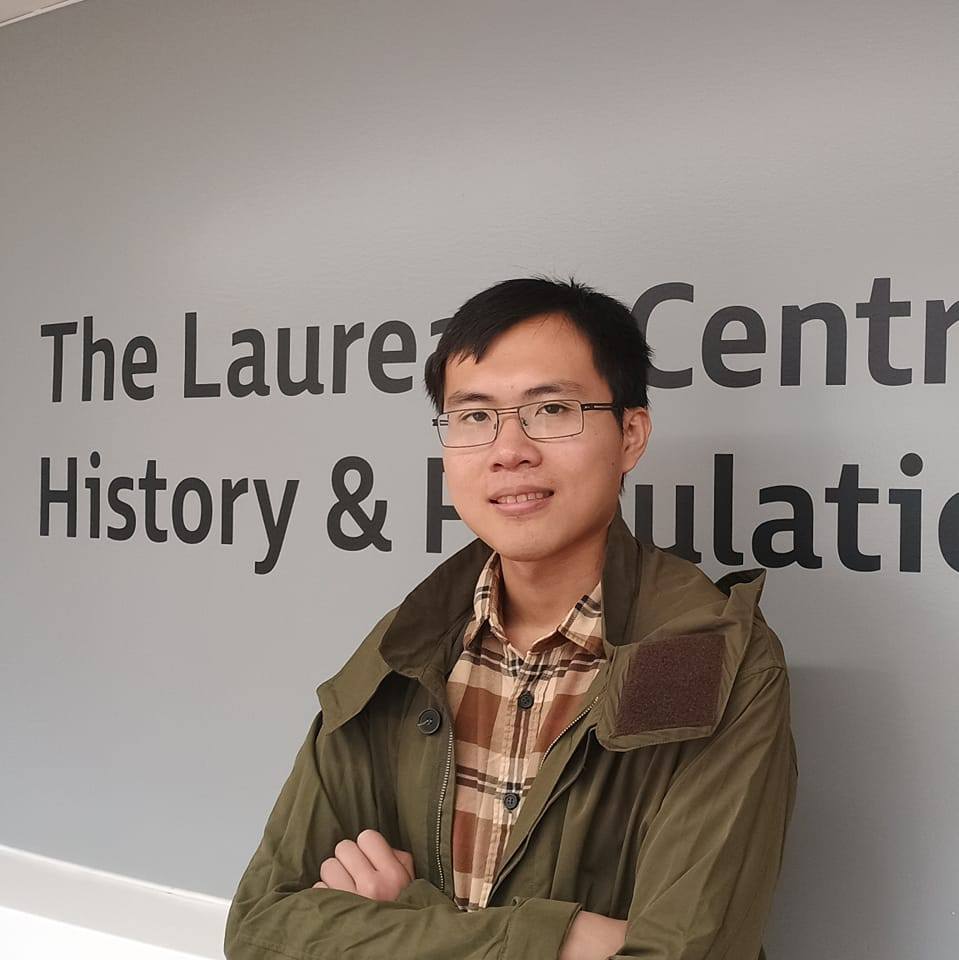
Biography
Leo Chu is a postdoctoral fellow at the Laureate Centre for History & Population at the UNSW. A historian of agriculture and environment specialized in the exchange of development knowledge between Cold War Taiwan and Southeast Asia, he also writes broadly about popular culture such as anime and games.
My Qualifications
PhD History and Philosophy of Science, Cambridge University
My Research Activities
Leo Chu is a postdoctoral fellow at the Laureate Centre for History & Population at the UNSW. A historian of agriculture and environment specialized in the exchange of development knowledge between Cold War Taiwan and Southeast Asia, he also writes broadly about popular culture such as anime and games.
My Qualifications
PhD History and Philosophy of Science, Cambridge University
My Research Activities
Green Revolution, Demographic Revolution: Rural Modernization and Population Policy in Cold War Taiwan, 1950-79
My current project focuses on how agricultural technocrats imagined the relationship between economic growth, public health, and population control. While there are already two separate literature on agricultural development ("Green Revolution") and family planning ("Demographic Revolution"), this project explores the interaction between the two state-led development visions. Especially, I am interested in the previously unexplored role of Church-based organizations in Taiwan's rural development, as well as how Taiwan presented itself in the international network of birth control. Utilizing archives from local and national archives in Taiwan, the World Health Organization, and church archives in the US and UK, this project aim to revise the history of population in Asia and scrutinize the less discussed actors who nonetheless played critical roles in the shaping of policies and ideas.
Harvesting Diversity: Taiwan and the Multiple Green Revolutions, 1950-2000
Based on my thesis, this book project traces Taiwan’s interaction with the international research network of the “Green Revolution,” a term describing the improvement of food production in the Global South in the second half of the twentieth century. In particular, this book focuses on how scientists and administrators in Taiwan participated in and transformed the Green Revolution in Southeast Asia, contextualizes this relationship in Taiwan’s complicated position in the Cold War, and links the shifting significance of Taiwan’s agriculture to wider intellectual, political, and economic changes in the region. This research thus enriches the scholarship of agricultural history, history of science, and history of development. The monograph is currently prepared for the University of Washington Press.
Wastelands in Modern History
Jointly conducted with Matthew Birchall
Empty spaces have profoundly shaped modern world history, yet our understanding of so-called global “wastelands” remains limited. From the sixteenth to the nineteenth century, concepts of empty or underutilised spaces were central to settler colonialism and the displacement of Indigenous peoples. As global population debates intensified in the twentieth century, the idea of wastelands became critical in discussions on migration, food production, and sovereignty. By the late-twentieth century, the idea underwent another transformation to encompass “wasted lands”: areas degraded or spoiled by human activities that required protection, remediation, and even “rewilding.” This project brings together a team of 9 scholars working on different areas and periods in a workshop, and will lead to a special issue at a major history journal.